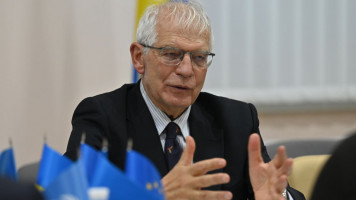Sadr criticises Iraqi president for not signing law criminalizing normalisation with Israel
Muqtada al-Sadr, a firebrand Shia Iraqi cleric and head of the Sadrist Movement on Tuesday harshly criticized Barham Salih, the president of Iraq, for withholding signing on a law criminalising any form of normalisation with Israel, a move seen as fatal for the overdue president to be elected for a second term.
The Iraqi parliament on 26 May unanimously passed a law criminalising any form of normalisation with Israel. The law, which stipulates execution or life imprisonment for calling for normalisation, aims to stamp out any effort in the future for Iraq and the Iraqi Kurdistan region to formalise ties with Israel.
"It is very, very shameful that the so-called President of the Republic of Iraq (Barham Salih) refuses to sign the law criminalising relations with Israel. Thus, it is a shame for the people to have a president who supports normalisation with Israel, to be unpatriotic and even affiliated with the west or east," Sadr said in a tweet.
"I absolve myself of his crime in front of Allah and the Iraqi people, I regret that I nominated him for the presidency post in the past and for the future," he added.
According to the Iraqi constitution, if the Iraqi president withholds to sign laws passed by the parliament or did not reject or have notes on them, then the laws nonetheless take effect within 15 days.
— مقتدى السيد محمد الصدر (@Mu_AlSadr) June 28, 2022
Sadr's tweet came after a joint meeting was held among leaders of the Coordination Framework, a pro-Iran Shia coalition, and the Patriotic Union of Kurdistan (PUK) in Baghdad. In the meeting, the attendees stressed the need for accelerating the formation of a "strong" new Iraqi government after the general elections in October.
TNA contacted Soran Jamal Tahir, PUK’s official spokesperson, but he was not immediately available to comment.
Sadr won most seats in the election and formed a triple alliance with the Iraqi Sunni political blocs and the Kurdistan Democratic Party (KDP), vowing to form a "national majority" government and signalling against pro-Iran Shia blocs. But frustrated in his efforts to fulfil his promise to his supporters, Sadr ordered lawmakers from his bloc to resign, in which all his 73 MPs did so on 12 June.
According to the Iraqi constitution, electing a president is the first step toward forming a new Iraqi cabinet.
Late on Tuesday, a spokesperson for Salih issued a clarification which indicated that Salih had approved the law "without having any notes" after it was sent by the parliament and the law became binding after its publication in the official newspaper on 20 June.
"We reaffirm the stance by president Salih, as it is known, that he is always supporting the Palestinian cause and achieving all the legitimate rights of the Palestinian people and the liberation of the Palestinian homeland from the occupation of the Zionist entity," the spokesperson added.
On Wednesday a document was posted by Salih's loyalists that show that the president and three other senior officials in the Iraqi presidency have all put their signatures on the document issued by the legal office of Iraq's presidency.
A Kurdish law expert and political observer, however, told The New Arab, on condition of anonymity, that according to the Iraqi constitution, the Iraqi president must issue presidential decrees for signing laws passed by the Iraqi parliament.
Salih was the second deputy secretary-general of the PUK, but in 2017 he split from the party and formed the Coalition for Democracy and Justice (CDJ). Salih's new party won a few seats in the Iraqi parliament following the parliamentary elections held in May 2018. Although Salih claimed that wide-scale voter fraud in the election was the cause his party could not win many seats, he then dissolved CDJ and rejoined the PUK to be elected as president of Iraq.

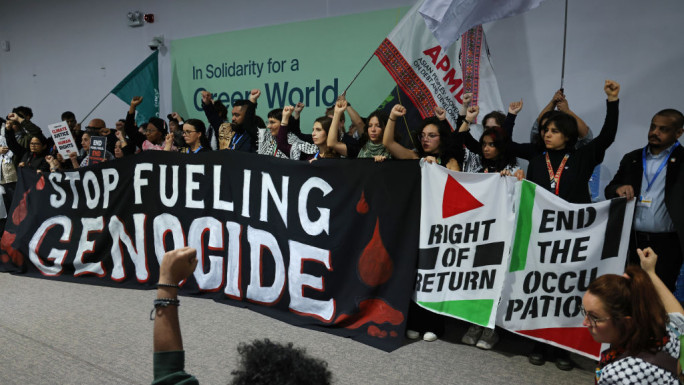
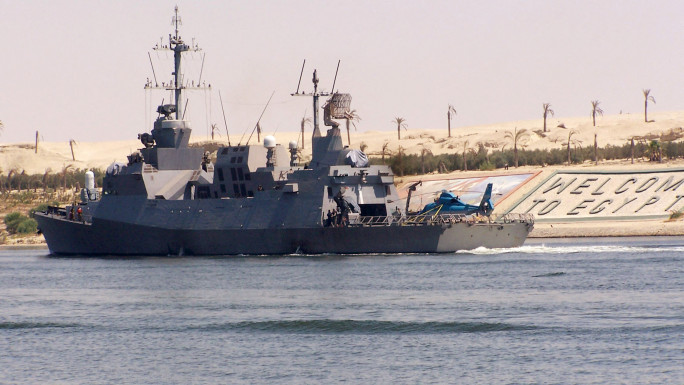
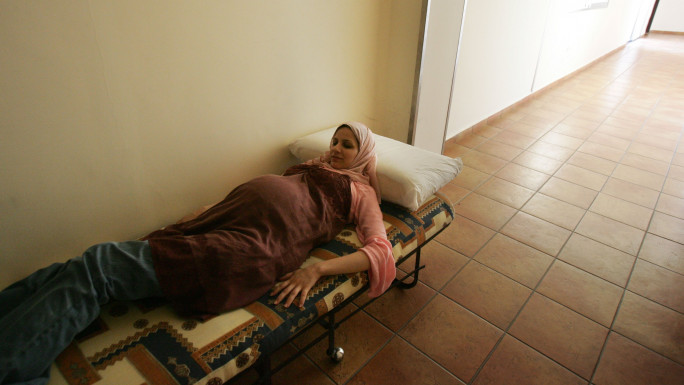
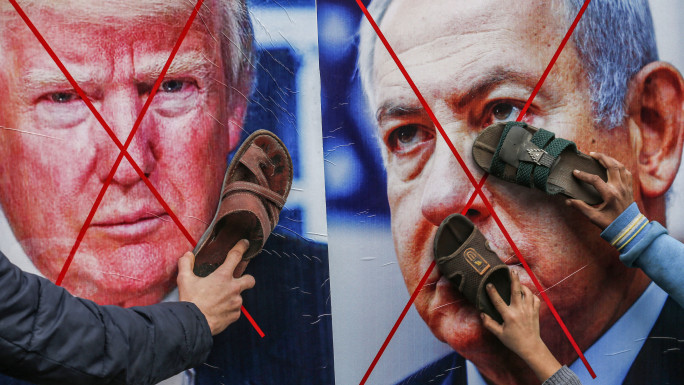
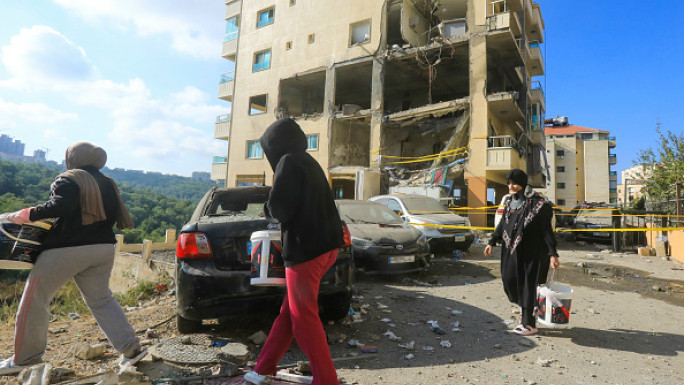
 Follow the Middle East's top stories in English at The New Arab on Google News
Follow the Middle East's top stories in English at The New Arab on Google News
![Gazans reel after Israel strike [Getty]](/sites/default/files/styles/image_330x185/public/2183300682.jpeg?h=a5f2f23a&itok=fN-GAQGE)

